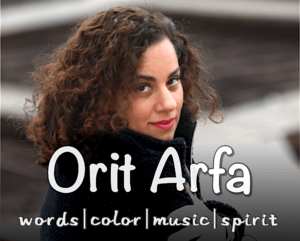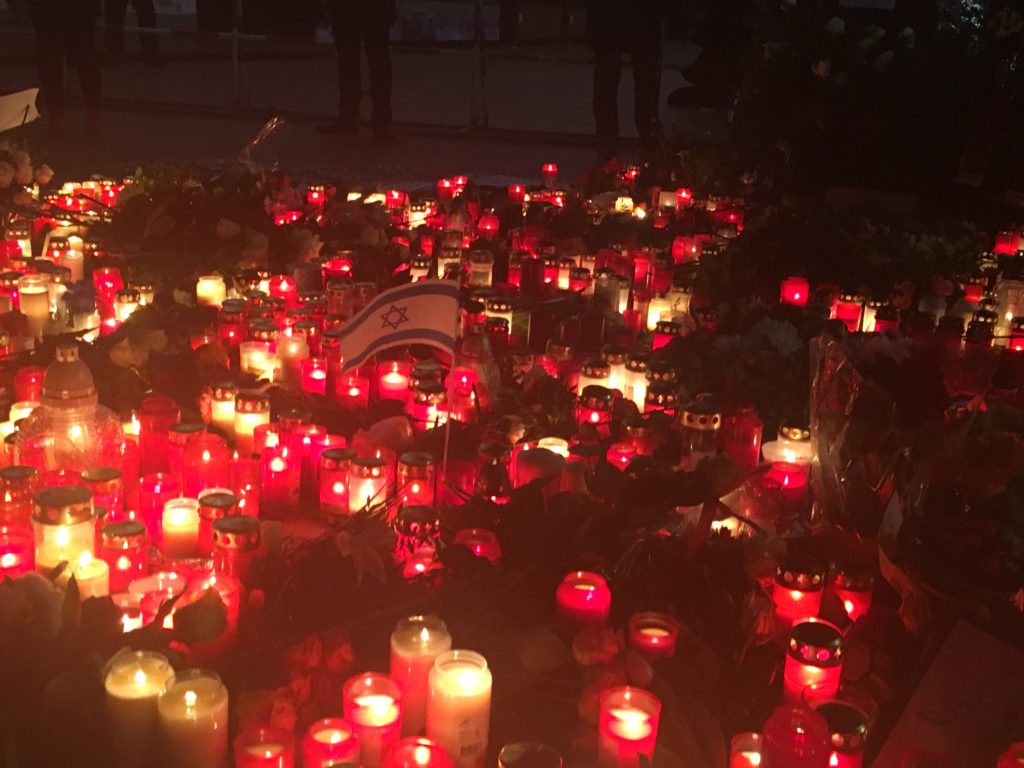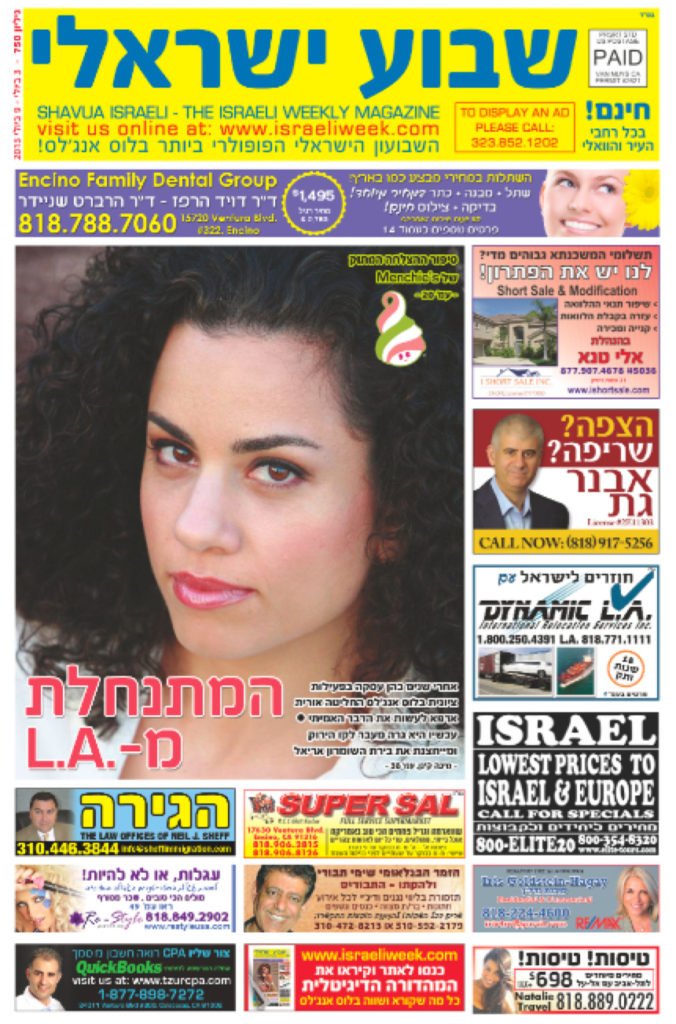Cicero Magazine, December 28, 2016
This article was published in the conservative magazine, Cicero, in German translation. The English version has published in the Jewish Journal (due to changes in the Jewish Journal site, it has also been pasted below.)
Im Sommer 1999 verließ ich meine Heimatstadt Los Angeles, um nach Israel zu ziehen, voller Optimismus über meine Zukunft. Ich würde den 2000 Jahre alten Traum des jüdischen Volkes leben, frei im eigenen Land zu sein, ohne die Engstirnigkeit und die kulturellen Zwänge des Getto. Der Friedensprozess zwischen Israel und Palästina war in vollem Gang und bald würden wir uns mit unseren Nachbarn ausgesöhnt haben. Ich konnte alles sein, was ich sein wollte.
English version:
In the summer of 1999, I left my hometown of Los Angeles for Israel, optimistic about my future. Finally, I could live the 2,000-year-old dream of the Jewish people, to be free in their own land, unshackled from the parochial interests and cultural constraints of the “ghetto.” The Israeli-Palestinian peace process was in full swing, and soon enough we’d be at peace with our neighbors. I could be anything I wanted to be.
But fantasies of normalcy were ruined in September 2000 when Palestinians started blowing themselves up all over the country. At the height of the “second intifada”, or Palestinian “uprising,” not a week went by without some sort of terrorist attack. A good friend was seriously injured when nails from a suicide bus bomb ripped through his back and legs; a man I dated was blown-up at the trendy restaurant near my Jerusalem apartment, still drinking at the bar.
Suddenly, I had to fight for my life, and, to my dismay, concern myself with the interests of the Jewish people, which, at that point, involved simply surviving a night out on the town.
I spent my twenties not over beers but over books, easy, because who wanted to go out anyway? I became a fighter in an intellectual civil war. Through columns and social media, I’d argue with Israelis who still believed that if only Israel withdrew from the “settlements”, suicide bombers would unfasten their belts. This intellectual war turned physical in 2005 when the Israeli army brutally pulled out 9,000 Israeli citizens from their homes in the settlement of Gush Katif, Gaza – an act of “peace.”
I spent the next few years in Tel Aviv writing a novel about the Gaza pullout, which I covered as a journalist, and making up for some lost time at restaurants, bars and nightclubs, even as Gaza launched rockets over our cities, and we counted more dead in a few mini-wars.
When the “knife intifada” broke out in 2015, and Muslim terrorists ran over Jewish babies and stabbed rabbis, I decided: I’m out. Time to be selfish. I can no longer live wondering if I’ll die just for leaving the house. I hardly fought or argued because I sounded like a broken record. “This isn’t about “Occupation”! This is jihad!” Besides, by this time, most Israelis agreed.
So this year I followed the ironic path of thousands of Israelis and moved to Berlin in search of that elusive normalcy. My seven months here have been among my most joyous – and normal. I loved the ease of life, the intellectualism, the cafés, not to mention the cheap beer. Some Jews gave me a hard time for moving to a country that murdered my father’s parents’ families, but modern Germany is not Nazi Germany. Still, I was more than glad to let Germany further repent by giving me a happy home, here, as a Jew.
Yes, I felt at home, even at the enchanting Christmas markets, where I could eat Hanukkah potato pancakes, Katorffelpuffer. Our people, German and Jews, were almost one, once. Hebrew and German even merged into Yiddish, my grandparents’ tongue. When Jews experienced full civil rights here, they thrived intellectually, culturally, and economically, as did their fellow non-Jewish Germans. I was reviving a long-destroyed tradition. History was at long last correcting itself.
But this new fantasy was ruined on December 19 when twelve people were mowed-down by a Muslim terrorist, including an Israeli woman. I wasn’t in Berlin anymore. I was in Israel, in September 2000, once optimistic about my future, but now forced into a mode of fighting I had hoped my people would never have to endure again.
Already for a while now I’d tighten-up in Muslim neighborhoods, where I wouldn’t dare wear my Jewish star, but now I’ll experience that familiar, eerie fear walking any German street. Security guards will check my bags and traffic will be disrupted at public venues and events, like in Israel.
But I’m more troubled and hassled by the intellectual hostilities and inconveniences. I’ll have to start arguing again, not with Israelis, but with naive Germans who refuse to question the policies, particularly the refugee policy, that have fueled this German “intifada.” I even fear some Germans will want me deported when I tell them these attacks aren’t the reactions of crazy, desperate individuals against Western policies, personal frustrations, or anyone’s “Occupation.” This is jihad!
Just as I didn’t escape back to L.A. when the Israeli intifada broke out because I loved Israel enough to fight, I won’t flee during the “German” intifada. I’ll change course yet again and accept a new, strange, unexpected fight: encouraging Germans to learn to fight because, honestly, I’d like to sit this one out. Let me enjoy Berlin with a love that probably kept my people here long after they should’ve left, but which this time, Germans must sustain continuously, forever – as much for their sake as for mine.


